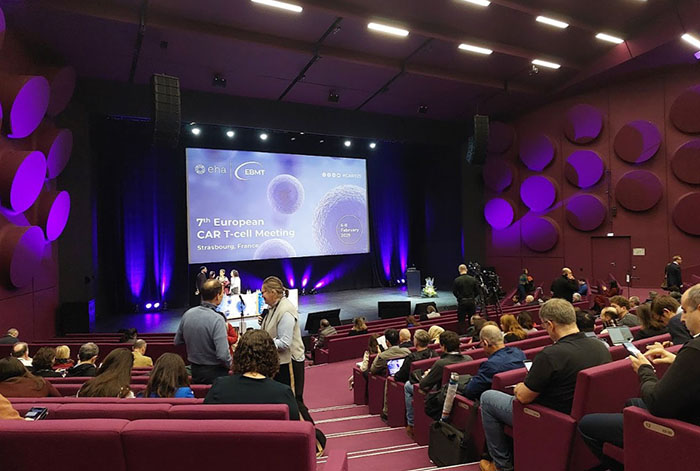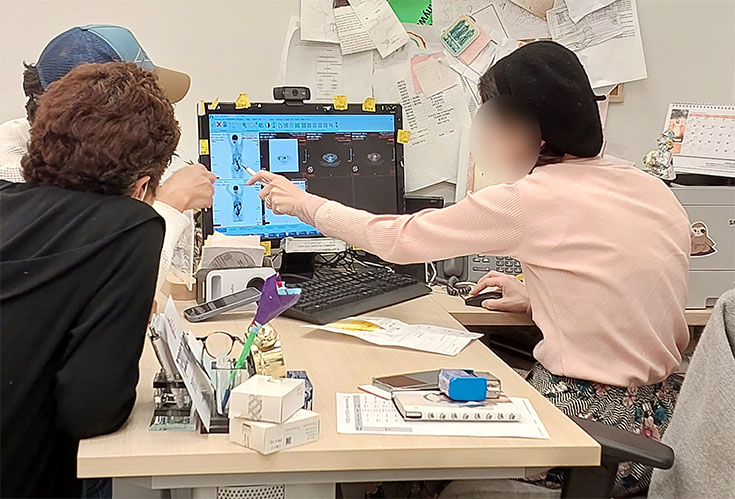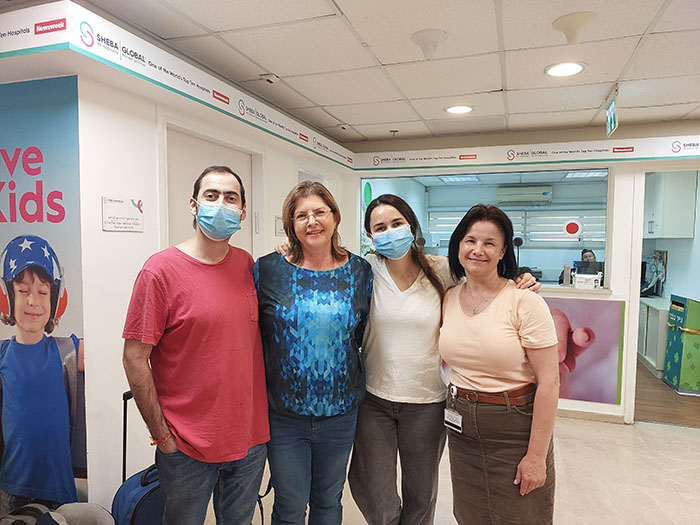Chimeric Antigen Receptor T-cell (CAR-T) therapy continues to revolutionize cancer treatment, offering new hope for patients with difficult-to-treat hematologic malignancies. As of 2025, seven FDA-approved CAR-T therapies are available, each targeting specific cancers such as acute lymphoblastic leukemia (ALL), large B-cell lymphoma, and multiple myeloma.
These groundbreaking treatments, developed by leading pharmaceutical companies like Novartis, Kite, and Gilead, highlight advancements in personalized medicine. With new approvals expanding the scope of treatment options, CAR-T therapy remains at the forefront of innovative cancer care, offering patients tailored solutions based on their unique medical needs.
As of January 2025, the U.S. Food and Drug Administration (FDA) has approved the following chimeric antigen receptor T-cell (CAR-T) therapies:
- Kymriah™ (tisagenlecleucel): Approved for pediatric and young adult patients (up to 25 years) with relapsed or refractory B-cell precursor acute lymphoblastic leukemia (ALL), and for adult patients with relapsed or refractory large B-cell lymphoma after two or more lines of systemic therapy.
- Yescarta™ (axicabtagene ciloleucel): Indicated for adult patients with relapsed or refractory large B-cell lymphoma after two or more lines of systemic therapy, including diffuse large B-cell lymphoma (DLBCL), primary mediastinal large B-cell lymphoma, high-grade B-cell lymphoma, and DLBCL arising from follicular lymphoma.
- Tecartus™ (brexucabtagene autoleucel): Approved for adult patients with relapsed or refractory mantle cell lymphoma, and for adult patients with relapsed or refractory B-cell precursor ALL.
- Breyanzi™ (lisocabtagene maraleucel): Indicated for adult patients with relapsed or refractory large B-cell lymphoma after two or more lines of systemic therapy, including DLBCL not otherwise specified, high-grade B-cell lymphoma, primary mediastinal large B-cell lymphoma, and follicular lymphoma grade 3B.
- Abecma™ (idecabtagene vicleucel): Approved for adult patients with relapsed or refractory multiple myeloma after four or more prior lines of therapy, including an immunomodulatory agent, a proteasome inhibitor, and an anti-CD38 monoclonal antibody.
- Carvykti™ (ciltacabtagene autoleucel): Indicated for adult patients with relapsed or refractory multiple myeloma after four or more prior lines of therapy.
- Aucatzyl™ (obecabtagene autoleucel): Recently approved in November 2024, this therapy is indicated for adult patients with relapsed or refractory B-cell precursor ALL.
Recent Advancements and Ongoing Research
- Solid Tumor Applications: Researchers are making progress in extending CAR-T therapy to solid tumors, focusing on antigen identification and structural innovations to overcome challenges like antigen heterogeneity and immunosuppressive tumor microenvironments.
- Off-the-Shelf CAR-T: A pivotal phase 2 trial of WU-CART-007, an anti-CD7 CAR-T therapy for relapsed/refractory T-cell acute lymphoblastic leukemia or T-cell lymphoblastic lymphoma, is set to begin in early 2025.
- Autoimmune Disease Applications: CAR-T therapy is being explored for autoimmune conditions such as lupus and multiple sclerosis, with several companies conducting phase 2 trials.
- Organ Transplantation: Mayo Clinic researchers are investigating the use of CAR-T cells to prevent organ rejection in sensitized patients, potentially revolutionizing kidney transplants.
- Manufacturing Innovations: Novel approaches like the Sleeping Beauty transposon system, mRNA-based CAR transfection, and in vivo CAR-T cell production are being developed to improve accessibility and scalability.
- Enhanced Safety and Efficacy: Strategies to mitigate side effects like cytokine release syndrome (CRS) and improve CAR-T cell persistence are being developed, including CRISPR-Cas9 modifications and combination therapies with checkpoint inhibitors. These advancements demonstrate the rapidly evolving landscape of CAR-T cell therapy, with ongoing efforts to expand its applications beyond hematological malignancies and improve overall efficacy and safety profiles.
Sources:
www.aabb.org
www.frontiersin.org
https://cancerblog.mayoclinic.org/
www.targetedonc.com
www.aacr.org/
https://pubmed
https://www.cancernetwork.com/
Our team attended the 7th European CAR T-cell Meeting (CART25) in Strasbourg, France, to gain first-hand insights into the latest advancements in CAR-T cell therapy.













